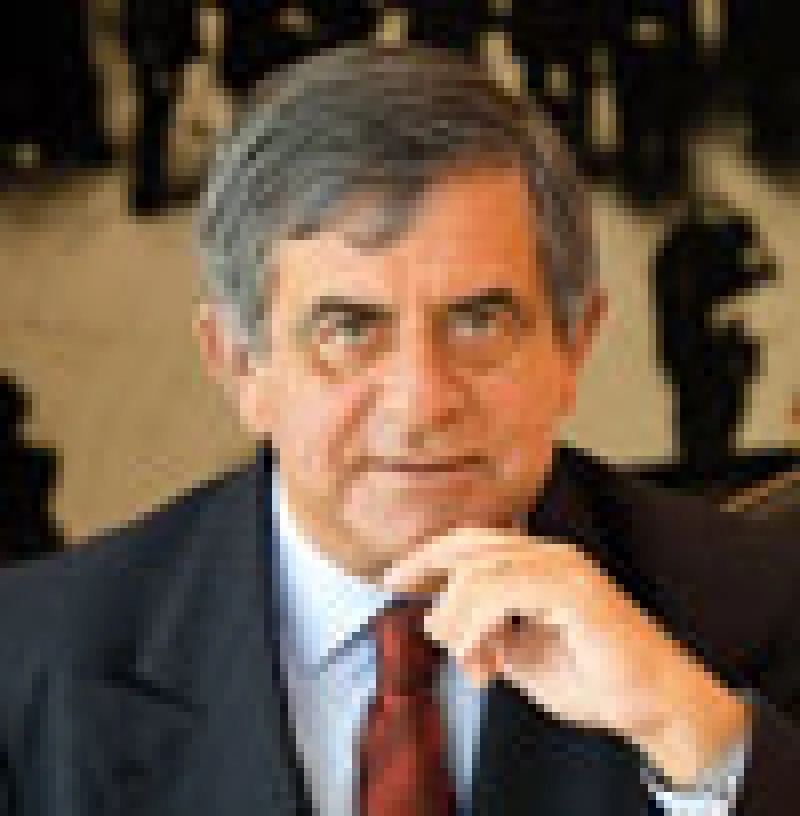NYSE Euronext won the latest round in a pitched battle to create the preeminent global trading network when it clinched a deal in June to take a 25 percent stake in Qatar’s Doha Securities Market, one of several Middle Eastern venues expected to emerge as sizable financial centers. The $250 million agreement was a surprise victory for the transatlantic stock market operator and its CEO, Duncan Niederauer. The London Stock Exchange had been widely perceived as having an advantage in the bidding because the Qatar Investment Authority owns 15 percent of the London exchange. But analysts say that the LSE, led by CEO Clara Furse, lacks its New York–based rival’s expertise in derivatives and commodities trading.
“I think it was a surprise to everyone that NYSE was chosen,” says Richard Repetto, an analyst and principal at New York investment bank Sandler O’Neill & Partners. The LSE and the Doha Securities Market declined comment.
The Qatar deal echoes some of the themes of the alliance that the Nasdaq Stock Market, now Nasdaq OMX, entered into last year with Borse Dubai. They teamed up to buy the Stockholm-based markets operator and technology supplier OMX, while Borse Dubai acquired Nasdaq’s 28 percent stake in the LSE. Some analysts say Qatar and Dubai have the best growth opportunities among a spate of stock exchanges cropping up in the Persian Gulf region. The market cap of companies traded on the Doha exchange has grown to some $130 billion total, from $5.2 billion in 2000.
NYSE Euronext also struck a deal in March to sell trading technology to the securities exchange in Abu Dhabi, the capital of the United Arab Emirates. Jean-François Théodore, the Paris-based deputy chief executive of NYSE Euronext, says that the company’s investment in Doha, for which he led the negotiations, does not affect the arrangement with the Abu Dhabi Securities Exchange. The Doha exchange is ready to move beyond its infancy. It has only 43 listed companies, including Qatar National Bank, Qatar Insurance Co. and Qatar Telecom. That’s fewer than the 66 on the Abu Dhabi exchange and a trifle compared with the 2,873 listed on the New York Stock Exchange. But the Qatar Investment Authority — the sovereign wealth fund that owns the exchange in Doha, the capital of this Gulf state — plans to add derivatives and commodities trading. “They wanted a partner who would take a strong role in management, not only a financial partner,” says Théodore. “They would not have needed just that.” NYSE will oversee the market’s daily operations. It will have three seats on a new, 11-member Doha board and help recruit a CEO and other senior officials.
Théodore attributes his company’s win to a combination of its technology and its expertise in creating and growing trading platforms for equities, derivatives and commodities. In the coming years, Théodore says, “Global commodity markets should develop very strongly, because more and more commodities will become rare.” Therefore it makes that much more sense to develop energy trading in this natural-gas-and-oil-rich region.
The billions of petrodollars pouring into the Gulf because of record-high oil prices are generating growth on all the regional exchanges. But the futures of the exchanges are not entirely dependent on high oil prices, Théodore says. “I think everybody hopes that oil prices will not stay this high,” he states. “But nobody thinks they will come back to $20 [a barrel], so the region will stay wealthy because it has priceless energy resources, especially Qatar,” which is the world’s leading exporter of liquefied natural gas. Global demand for LNG is expected to boom, especially as new terminals open in the United States.
Niamh Alexander, a capital markets analyst at Keefe, Bruyette & Woods in New York, says many Middle Eastern countries are trying to shift their focus away from energy exports and build knowledge-based economies. The region’s sovereign wealth funds are sitting on more than a trillion dollars in “cold, hard cash,” she observes, adding that a fall in oil prices “might even accelerate their investment in financial services.” She would not be surprised to see mergers among some Gulf markets and conjectures that they might form an alliance like the one that engendered Euronext in Europe.






